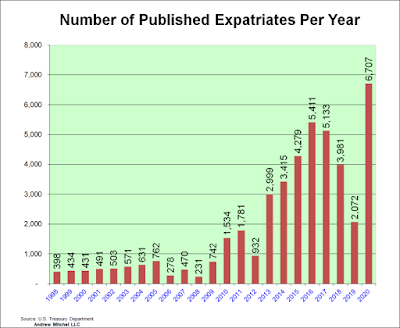According to Procedurally Taxing, in the case of In re Bowman, No. 20-11512 (E.D. La. 2021) the Bankruptcy Court determined that it has jurisdiction to Hear Innocent Spouse Cases. The court denied the debtor’s motion for summary judgement that Ms. Bowman deserves innocent spouse relief.
On its own, the court reviews the issue of its jurisdiction to hear an innocent spouse issue as part of her chapter 13 bankruptcy case and decides that it has jurisdiction to make such a decision. The parties did not raise the jurisdiction issue, which is not surprising from the perspective of the plaintiff but may signal a shift in the government’s position since it had previously opposed the jurisdiction of courts, other than the Tax Court, to hear innocent spouse cases.
The court addresses the issue of its jurisdiction at the outset of the opinion. It first cites 28 U.S.C. § 1334 and the Order of Reference from the district court before stating that this is a core proceeding. This part of the opinion addresses the basic issue of bankruptcy courts’ jurisdiction in all issues, stemming from the litigation in the Marathon Oil case from 40 years ago (challenging the basic authority of bankruptcy courts under the then-newly-created bankruptcy code).
Moving past the bankruptcy court’s basic basis for jurisdiction, the court hones in on its ability to hear an innocent spouse case. It first states:
Although it is true that “Section 6015(f) does not allow a bankruptcy court to exercise initial subject matter jurisdiction over an innocent spouse defense because only the Secretary [of the IRS] receives the equitable power to grant innocent spouse relief under that Section,” here, it is undisputed that the Debtor sought such relief from the Secretary in July 2019 and the Secretary denied the request.
This aspect of jurisdiction would apply to any court hearing an innocent spouse case. In essence, the statute requires a taxpayer claiming this relief to exhaust their administrative remedies before seeking to have a court determine relief.
Next, the court turns to its specific ability to hear an innocent spouse case and cites heavily from an earlier case from Texas:
Section 6015(e)(1) states that, in a case where an individual requests equitable relief under Section 6015(f), “[i]n addition to any other remedy by law, the individual may petition the Tax Court to determine the appropriate relief available to the individual under this section . . . .” 26 U.S.C. § 6015(e)(1)(A). It is unambiguous that a Tax Court—and not just the Secretary—may grant relief to an individual. Moreover, the remedy available in the Tax Court is “[i]n addition to any other remedy provided by law.” 26 U.S.C. § 6015(e)(1)(A).
11 U.S.C. § 505 is another “remedy provided by law.” Section 505(a)(1) specifically provides bankruptcy courts with remedial power over tax liabilities and penalties . . . . This statutory language provides a bankruptcy court with the power to determine the legality of taxes and tax penalties. Pendergraft v. United States Dep’t of the Treasury IRS (In re Pendergraft), 119 A.F.T.R.2d (RIA) 2017-1229 (Bankr. S.D. Tex. Mar. 22, 2017)b
Because it determines that the tax liability directly impacts the administration of the bankruptcy case and because the IRS has filed a proof of claim seeking to have Ms. Bowman pay the liability for which she seeks relief, the court finds that it has jurisdiction while also noting that the IRS has not objected to its jurisdiction.
The opinion is important for being only the second court to deal with the issue of whether a bankruptcy court has jurisdiction to decide § 6015 relief. The court says that it does have such jurisdiction because 6015(e)(1)(A) (giving the Tax Court jurisdiction) is only “in addition to any other remedy provided by law” and that the bankruptcy court is another such remedy. The court cites the Pendergraft case, which is the only other opinion from a bankruptcy court on this matter. The court conveniently doesn’t mention all the district court opinions holding that 6015 relief jurisdiction does not exist in collection suits or (in one opinion) in refund suits, but resides only in the Tax Court.
Have IRS Tax Problems?
Contact the Tax Lawyers at
Marini & Associates, P.A.
for a FREE Tax HELP Contact us at:
www.TaxAid.com or www.OVDPLaw.com
or Toll Free at 888 8TAXAID (888-882-9243)
www.TaxAid.com or www.OVDPLaw.com
or Toll Free at 888 8TAXAID (888-882-9243)
Read more at: Tax Times blog















